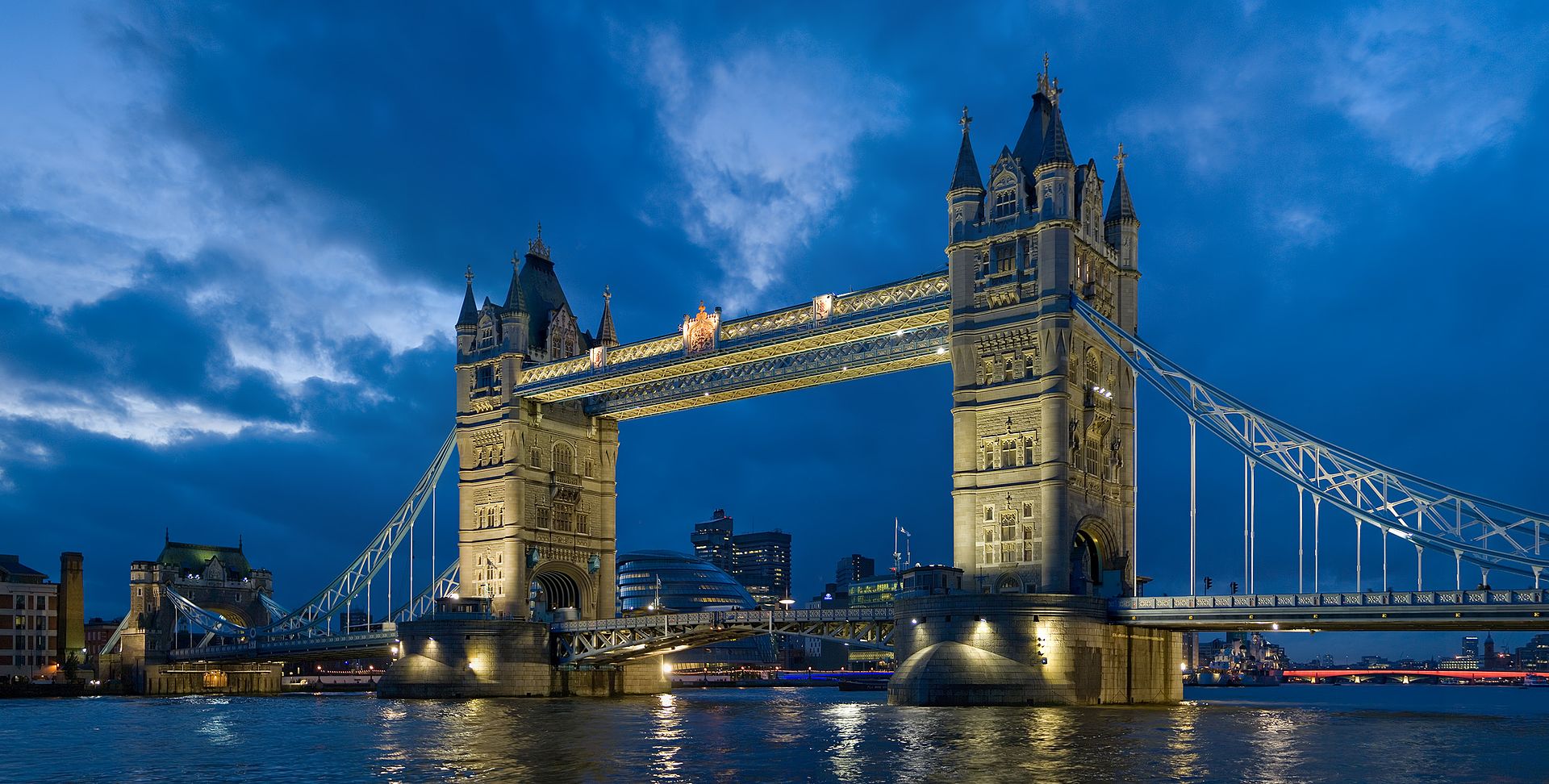
New research hopes to uncover whether industrial hemp has the capacity to greatly improve the health of Florida water systems being plagued by dangerous algae.
Scientists at Valencia College in Orlando and Tampa’s South Florida State College are collaborating to plant large patches of hemp crops on two small lakes to see whether they will counteract algae blooms that can shock the lakes, killing small species and causing a chain of events that harms the habitats deeply.
Researchers told UPI that since hemp needs soil rich in nitrogen, it may benefits from the red algae that can kill so many species while also reducing those harmful effects. [1]
According to UPI, red algae blooms killed over 240 manatees off the coast of Florida in 2013.
"I'd like to see 10,000 acres of hemp mats growing in Lake Okeechobee to help restore the lake as the pristine bass fishery it once was," Steven Edmonds, founder of Hemp4Water and political science instructor at Valencia College told UPI.
The process incorporates planted “mats” of hemp — patches of soil with hemp growing in them that are then floated out into the water where the plants’ roots will hang down, absorbing harmful nitrogen from the algae bloom. [1] [2]
The Palm Beach Post says the research has been approved as a pilot program on Lake Okeechobee by the Florida Department of Agriculture, but larger-scale testing will follow if the results look promising enough.
On top of being a boon to Florida’s environment and animal habitats, the extra industrial hemp production could also be a major plus for the state’s economy, the Post reports. [2]
An environmental wonder crop
Waterway safety and anti-algae uses aren’t the only ways hemp could greatly improve the conditions of the planet and its ecosystems.
Studies suggest hemp requires far less land and water to grow than other textiles, like cotton, and its uses are far from limited to just clothing. It takes the form of oils, extracts and chewable supplements, on top of being fantastic in rope, thread and other, highly-useful materials.
One UK study from 2010 showed organic hemp products and their fibers use less overall energy than traditional U.S. manufacturing processes for cotton fiber, and dramatically less energy than polyester products. [3]
Hemp needs 50 percent less water than cotton to grow, and four times less if you include polyester, which is unattractive to many because unlike hemp it features synthetics that don’t biodegrade and aren’t renewable. [3]
Corn is another crop that’s in some capacities out-done by hemp. It uses twice the water that hemp does, and requires an entire industry of pesticides and genetic modification to keep yields up year-to-year. Hemp, on the other hand, grows like crazy even without pesticides. [3]
Sources
[2] https://www.palmbeachpost.com/news/20200417/can-cannabis-save-floridas-waterways
[3] https://www.nothingbuthemp.net/post/the-environmental-case-for-hemp








































